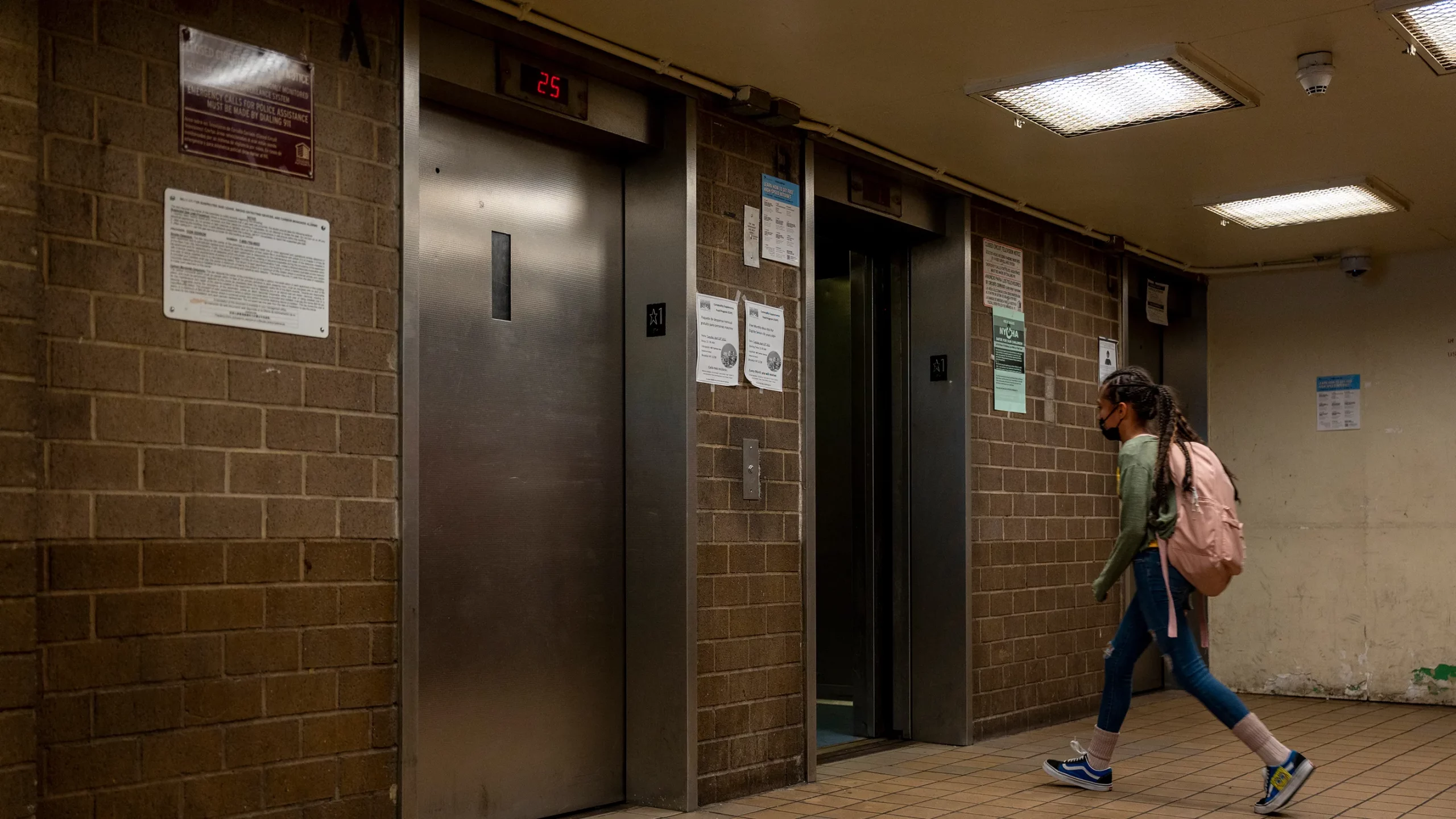De Blasio promised $2.2B for public housing to settle a federal lawsuit. Tenants are still waiting.
Following a damning Justice Department complaint documenting years of lead paint and other coverups, improvements remain far off track, a report NYCHA refused to release shows.

 This article was originally published on by THE CITY.
This article was originally published on by THE CITY.
In June 2018, when federal prosecutors accused the city Housing Authority of covering up years of scandalous conditions in public housing, Mayor Bill de Blasio stepped up and promised a big pot of city money to NYCHA for property upgrades — an unprecedented $2.2 billion over 10 years.
Nearly four years later, at the Atlantic Terminal development in Brooklyn, where the phrase “A Wonderful Community” is stenciled on the welcome sign, the tenants are still waiting.

Brooklyn Boro
View MoreNew York City’s most populous borough, Brooklyn, is home to nearly 2.6 million residents. If Brooklyn were an independent city it would be the fourth largest city in the United States. While Brooklyn has become the epitome of ‘cool and hip’ in recent years, for those that were born here, raised families here and improved communities over the years, Brooklyn has never been ‘uncool’.